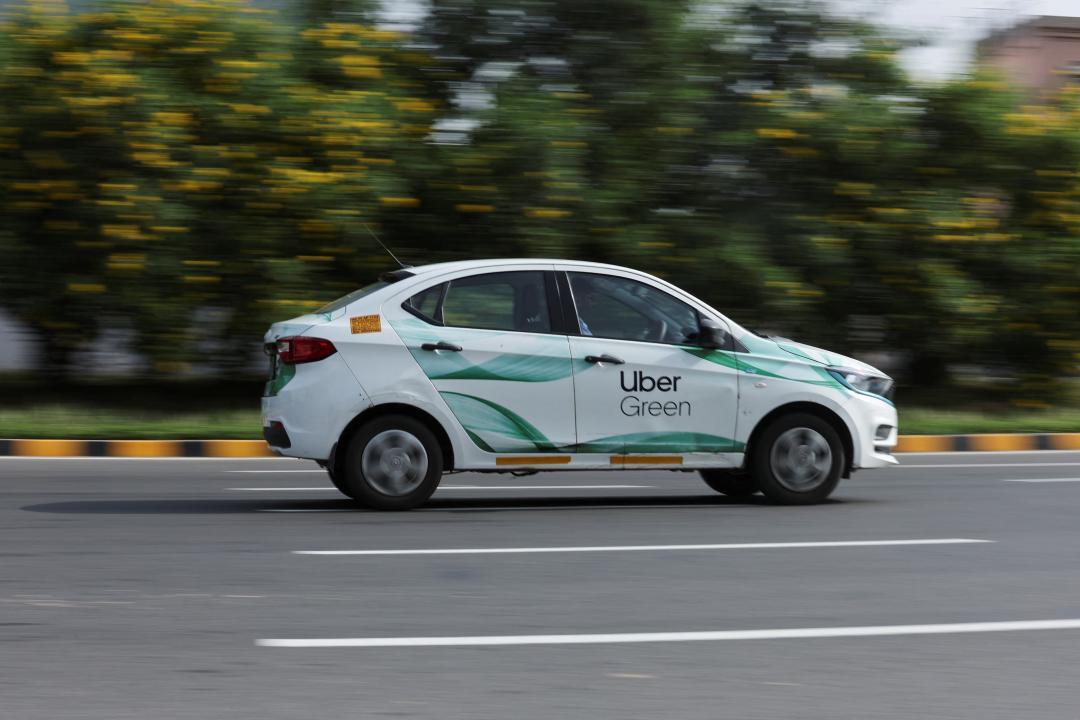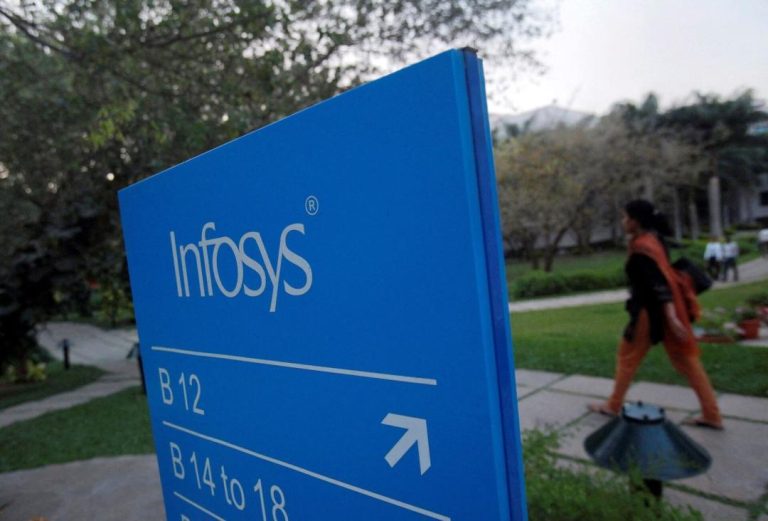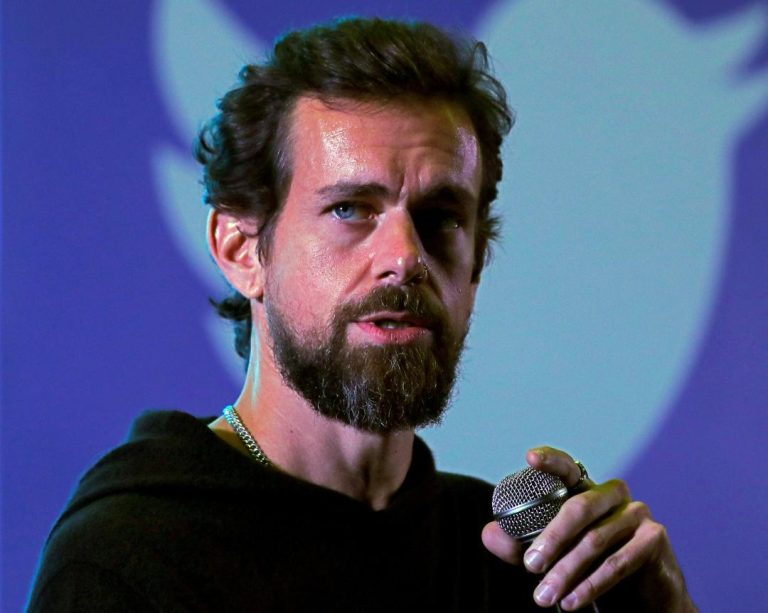
Why are Ola, Uber & Rapido drivers on indefinite strike in Mumbai?
The streets of Mumbai have been witnessing a peculiar sight recently – a stark absence of cabs on the roads. The reason behind this unusual phenomenon is an indefinite strike by drivers of popular ride-hailing apps like Ola, Uber, and Rapido. The strike has resulted in longer wait times and fewer cabs on the road, causing immense inconvenience to commuters in the city. But what prompted these drivers to take this drastic measure? Let’s dive into the reasons behind the strike and explore the implications it has on the city’s transportation system.
According to reports, the drivers of these apps have been demanding better pay and working conditions. Specifically, they are unhappy with the aggregator commissions and fuel expenses that are deducted from their earnings. After deducting these expenses, their actual income falls to a meager ₹8-12 per kilometre, which they claim is unsustainable amid rising fuel and maintenance expenses. This has led to a sense of frustration and desperation among the drivers, who feel that they are not being fairly compensated for their services.
The strike has been ongoing for several days now, with no signs of relenting. The drivers have been holding protests and rallies, demanding that the companies take immediate action to address their grievances. The protest has gained significant attention, with many commuters taking to social media to express their frustration and support for the striking drivers.
So, what’s behind the strike? The main issue, as mentioned earlier, is the low earnings of the drivers. According to a report by NDTV, drivers claim that they are not able to earn a decent living despite working long hours. In fact, many drivers have reported that they are struggling to make ends meet, with some even having to resort to taking multiple loans to cover their expenses.
Another significant issue is the commission structure of the ride-hailing apps. The apps take a commission of around 20-25% from the fare, which the drivers feel is exorbitant. This commission is deducted from the fare before the driver receives their earnings, leaving them with a paltry sum.
The drivers are also unhappy with the lack of social security benefits provided by the companies. They feel that they are not entitled to basic benefits like medical insurance, pension, and leave, despite working long hours and contributing to the companies’ success.
The impact of the strike is being felt across the city, with commuters struggling to find available cabs. The strike has resulted in a significant decrease in the number of cabs on the road, leading to long wait times and increased fares. This has caused immense inconvenience to commuters, especially those who rely on ride-hailing apps for their daily commute.
The strike has also raised questions about the treatment of drivers by ride-hailing companies. Many experts argue that the companies are exploiting their drivers, paying them low wages and providing poor working conditions. This is despite the fact that the companies have made significant profits in recent years.
The government has been monitoring the situation closely, with officials holding meetings with the drivers and company representatives to resolve the issue. The government has also urged the companies to address the concerns of the drivers and provide them with better pay and working conditions.
In conclusion, the indefinite strike by Ola, Uber, and Rapido drivers in Mumbai is a wake-up call for the ride-hailing industry. The drivers’ demands for better pay and working conditions are reasonable, and the companies must take immediate action to address their grievances. The strike has highlighted the exploitation of drivers by the companies and the need for better regulations and protections for them.
As the situation continues to unfold, it remains to be seen how the strike will be resolved. One thing is certain, however – the drivers of these ride-hailing apps will not be silenced until their demands are met. The strike is a testament to the power of collective action, and it is a reminder that the voices of workers must be heard and respected.
Source:






